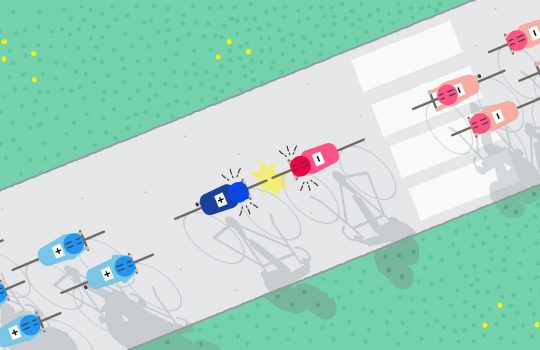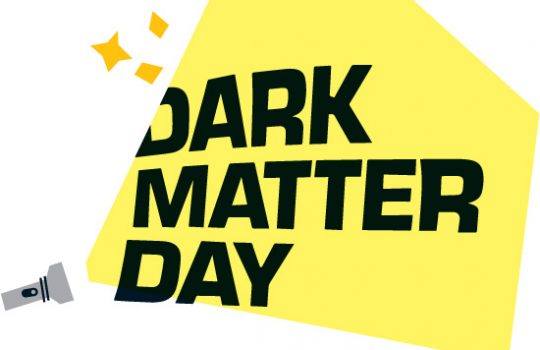Leon Lederman, Fermilab director and Nobel Prize winner dead at 96
From CBS Chicago, Oct. 3, 2018: Leon Lederman, an experimental physicist who won a Nobel Prize in physics for his work on subatomic particles and coined the phrase “God particle,” has died. He was 96.



